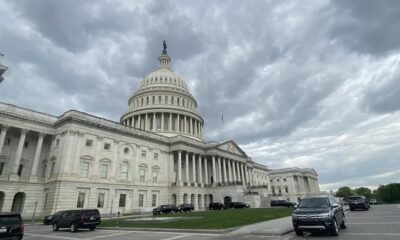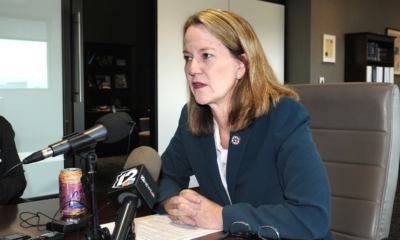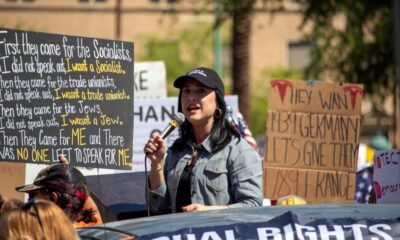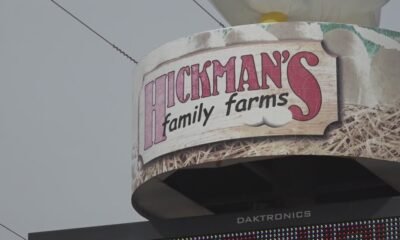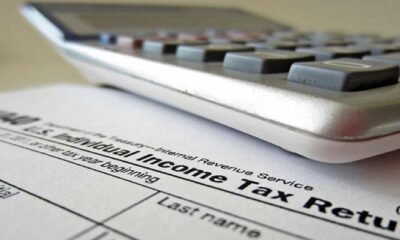Business
Compromise Moves Forward on Food Tax Ban

Arizona Republicans are reviving a vetoed proposal that aims to eliminate sales taxes on essential food items. The measure, known as HCR2021, received preliminary approval from the House Ways and Means Committee on February 12 and seeks to prohibit cities from taxing grocery items meant for home consumption, such as bread and eggs.
Rep. Leo Biasiucci, R-Lake Havasu City, who sponsors the resolution, expressed frustration over the taxation of staple food items. “These are things that families need to survive. Taxing basic necessities like eggs, milk, and bread is simply insane,” he declared.
This proposal comes after a similar measure was vetoed by Governor Katie Hobbs in 2023. She cited concerns from city leaders that a tax cut would necessitate cuts to critical services such as police and fire departments. “This bill doesn’t actually eliminate costs for our residents; it simply shifts them around,” Hobbs articulated in her veto letter.
To address these concerns, Rep. David Livingston, R-Peoria, announced plans to draft an amendment with input from Peoria Mayor Jason Beck. This amendment would freeze current tax rates on food, requiring voter approval for any tax increases. Mayor Beck has indicated support for the proposed changes, potentially easing tensions between lawmakers and city officials.
During the committee meeting, 20 mayors voiced their support for the amendment as long as it aligns with Livingston’s framework. “There are devils in all the details, but I’m confident we can reach a solution that pleases everyone,” said Yuma Mayor Douglas Nicholls.
The Joint Legislative Budget Committee estimates a potential revenue loss of approximately $227 million for municipalities from grocery food taxes by fiscal year 2028. In fiscal year 2024, around 70 of Arizona’s 91 cities and towns collected over $196 million in sales taxes from grocery items.
Interestingly, 40 of those cities do not impose property taxes, adding another layer of complexity to the discussion. Should the measure progress through both houses, it would ultimately require public approval without needing the governor’s endorsement.
However, Nick Ponder, a lobbyist for the League of Arizona Cities and Towns, warned that 58% of Arizona voters reside in areas without such food taxes, which could influence their voting behavior. “I might naturally vote no,” he noted regarding the possible ballot measure.
Contrastingly, Shawn Palmer, the mayor of Taylor, emphasized his town’s reliance on food tax revenues, which account for 30% of the city’s budget. “A little bit of taxation is not despicable; it’s what the state of Arizona runs on,” he argued.
Rounding out the discussion, Rep. Neal Carter, R-San Tan Valley, referenced the significant increase in municipal sales tax revenue from online sales following the U.S. Supreme Court’s decision in South Dakota v. Wayfair. He expressed concern that eliminating the food tax could force cities to consider service reductions. “This is the most regressive tax I could possibly dream up,” he stated, highlighting the necessity of food for survival.
